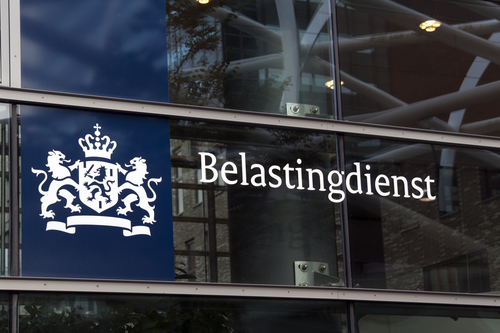Employers, universities warn 30% ruling cuts will hurt the Dutch economy


Opposition is mounting to the government’s plans to cut a special tax break for some expats, with employers, academic organisations and expat groups saying the proposal is damaging the country’s reputation and will seriously hurt many people financially.
The government wants to cut the length of time that the 30% ruling covers from eight to five years and plans to implement the cut from January 2019, hitting thousands of people who had been told the tax break would last longer.
So far over 22,000 people have signed a petition calling on the government to honour its commitments to the international community, over 5,000 have joined a Facebook page campaigning for a rethink and 2,400 have taken part in a survey by the International Community Advisory Panel which is quantifying the impact.
The Dutch universities association VSNU told DutchNews.nl it is writing to junior finance minister Menno Snel urging him to rethink the plan, which will cut thousands of euros a year from expat academics’ income.
In particular, the lack of a transition programme for people who suddenly lose the benefit has caused alarm, the spokesman said. ‘A professor here on a four-year contract will not be able to take a second four-year term if this goes through,’ he said.
‘The 30% ruling as it now stands has a very positive impact on academia, which is international anyway,’ he said. ‘This will be bad for the reputation of the Netherlands.’
Employers
Employers organisations VNO-NCW and MKB-Nederland have described the plan as ‘not good’ and say the measure will make the Netherlands less attractive compared with other foreign countries.
‘It will not make it any easier to attract foreign talent but we need that talent because of the tight jobs market,’ the organisation says. In addition, existing claims should be honoured because a ‘trustworthy government is essential for a good investment climate.’
The impact of the decision is is so serious that it may affect companies’ willingness to bring high-powered people to the Netherlands, a senior manager at one multinational with a significant presence in the Netherlands told DutchNews.nl.
Stable government
‘The Netherlands is a popular place to do business because of its strong and stable government,’ he said. ‘But we can employ people anywhere in the world – we have offices in the US and Singapore and we are now reconsidering whether or not to bring senior staff to the Netherlands.’
‘This is a political decision and it is a stupid one financially,’ he said. ‘In the end it will hurt the economy. Global companies that bring in expats also create many permanent jobs and careers for Dutch nationals.
‘The government has a responsibility to safeguard these local jobs by keeping the critical mass of global companies in the Netherlands. Making the 30% ruling less attractive puts local jobs at risk.’
Transition period
The current plan means that someone earning around €60,000 a year will have to pay some €8,000 more in tax, plus a further penalty if their employer pays for their children to attend an international school.
Jessica Piotrowski, spokeswoman for the United Expats in the Netherlands movement which has gathered over 5,000 supporters in a week, said many people were very surprised that the proposed five-year limit would apply to current beneficiaries.
‘I based by life and financial decisions on my salary with the 30% ruling. A deal is a deal,’ said Piotrowski. ‘We’re not trying to resist the change, we understand that the government has the right to make changes. But this sudden and unexpected decision affecting thousands of people is unfair and will leave many unable to meet the financial commitments that they have made.’
When the ruling was cut from 10 to eight years, there was a period of transition for current beneficiaries.
Scrap it completely
Dutch trade union federation FNV, however, says the 30% ruling should be completely scrapped, arguing that even with the cut from eight to five years, the scheme will still cost taxpayers €670m.
This is money which could be better spent on healthcare or education, FNV board member Tuur Elzinga said in an article on website Joop.nl.
‘The ruling is an open invitation to companies to … bring in staff from abroad because they are cheaper. Employers benefit from the tax break and this undermines the level playing field on the jobs market.’
Parliament’s finance committee will discuss the government’s plan in The Hague on May 31.
Thank you for donating to DutchNews.nl.
We could not provide the Dutch News service, and keep it free of charge, without the generous support of our readers. Your donations allow us to report on issues you tell us matter, and provide you with a summary of the most important Dutch news each day.
Make a donation